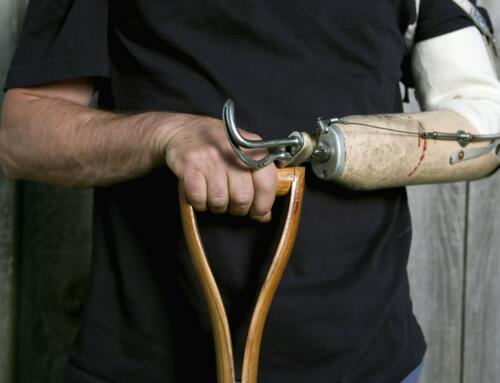Introduction
There are different time periods for how long you can receive partial or total disability benefits as well as for how long you can receive medical coverage for your injuries. It is important to understand this when you suffer a work injury, especially if it involves chronic long standing injuries and/or disability.
Suppose a work-related illness or injury has left you unable to perform your job duties in Pennsylvania. In that case, you should speak with an expert, certified workers’ compensation lawyer who can guide you through the difficult application and benefit collection procedure.
What is Workers’ Compensation
Both employees and employers are protected by the workers’ compensation system. Employees are given medical care and paid for missed time when work-related illnesses or injuries occur. However, some employers are not required to pay workers’ compensation.
Exemptions include those covered by other workers’ compensation laws, like railroad employees, longshoremen, and federal employees; domestic workers (coverage is optional); agricultural workers who work fewer than 30 days or earn less than $1,200 in a calendar year from one employer; and employees who requested and received an exemption due to their religious beliefs or their executive status in some corporations.
This means that throughout the entirety of their work, employees are protected. Coverage starts on the first day of employment. Regardless of the employee’s prior physical state, workers’ compensation covers illnesses or injuries brought on by or made worse by employment.
The Pennsylvania Workers’ Compensation Act allows an injured worker to file a claim within three years of the date of injury. This is known as the statute of limitations. But they need to report the injury to their employer within 120 days or the claim will be barred.
Employers must purchase workers’ compensation insurance in Pennsylvania from the State Workers’ Insurance Fund or an authorized insurance provider. Employers can also apply to the bureau to request permission to self-insure their liability. The bureau awards self-insurance based on requirements set forth by the legislation and the government.
How Long Can I Collect Workers’ Compensation
How long you can collect compensation depends on your illness or injury classification. An approved medical doctor must evaluate your condition and verify your disability. In Pennsylvania, there are two categories of injury classification:
Temporary Total Disability (TTD):
If you are injured and not working, you are considered temporary total disability. You can receive this indefinitely. However, after 104 weeks (two years) the insurance company can request that you submit to an impairment rating evaluation (IRE). Depending upon the extent of your impairment (as determined by the AMA Guides to Impairment) your TTD will continue or you will be considered partial disabled and your benefits will convert to Temporary Partial Disability benefits (TPD).
Temporary Partial Disability:
There are two situations where your benefits would be considered “partial”. The most common is if you return to work and earn less than your pre-injury average weekly wage (AWW). In that case, you receive TPD. This is subtracting your actual earnings from your AWW and multiplying by 2/3. The second type of TPD is when you have been determined partially disabled by an IRE as described above. This doesn’t change your rate of benefits but it limits the length of time in which you can receive wage loss benefits. In either case, TPD is limited to 500 weeks (about 9.5 years)
Specific loss benefits:
If your head, face or neck is severely disfigured or you lose a limb or body part because of a workplace injury, you can collect workers’ compensation benefits. You can also receive benefits for loss of hearing or vision. You will be awarded weekly benefits for a specific period of time regardless of your ability to work.
Death benefits for survivors:
Surviving spouses and dependent children are eligible to receive weekly wage loss benefits in addition to a lump sum to defray burial expenses. The rate depends upon whether or not there are dependent children.
Conclusion
If you choose to file for workers’ compensation on your own, bear in mind that it is possible that your claim may be denied if your employer’s insurance company decides that your injury was not work-related or not serious enough to prevent you from working. After you receive benefits, there may be a chance that your benefits are reduced later or terminated entirely. Consult a certified workers’ compensation attorney before taking any steps.







